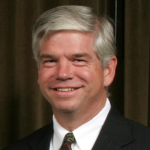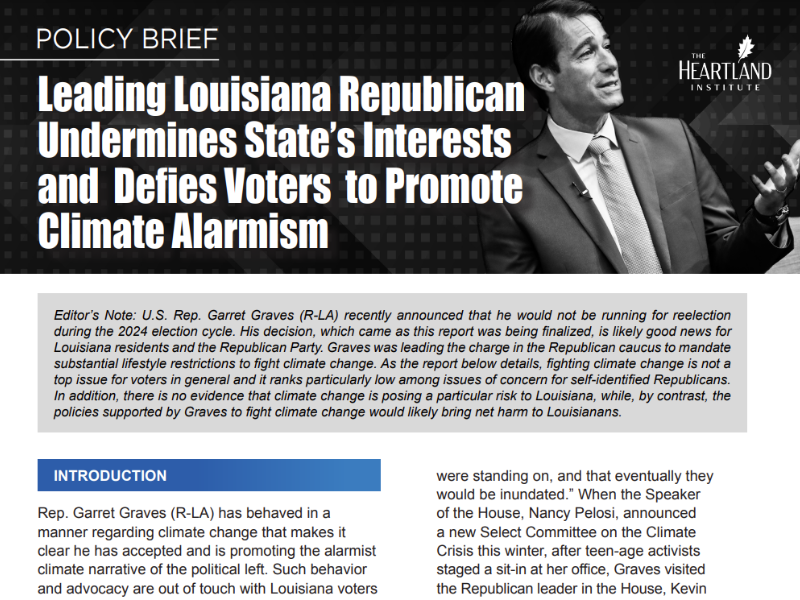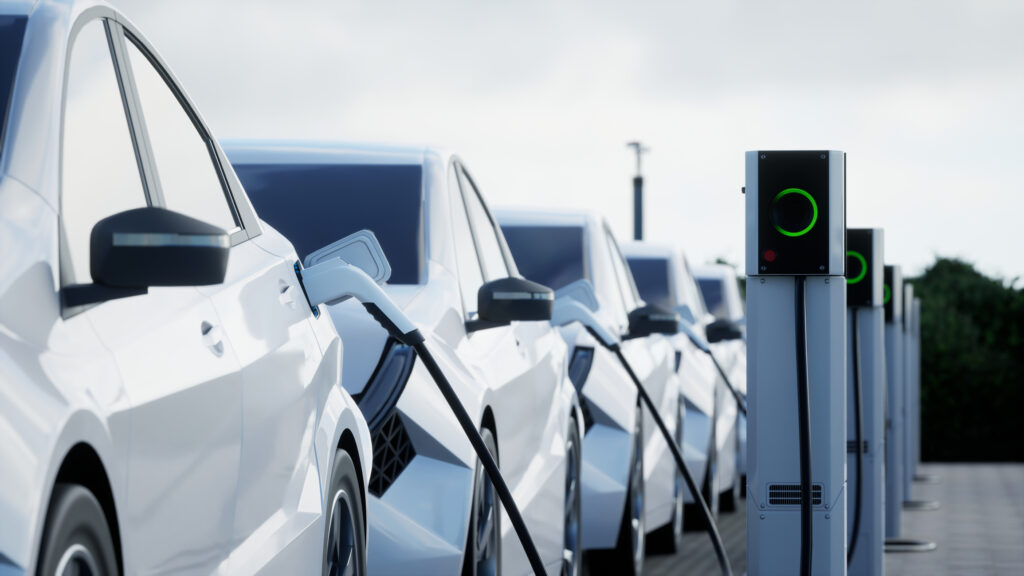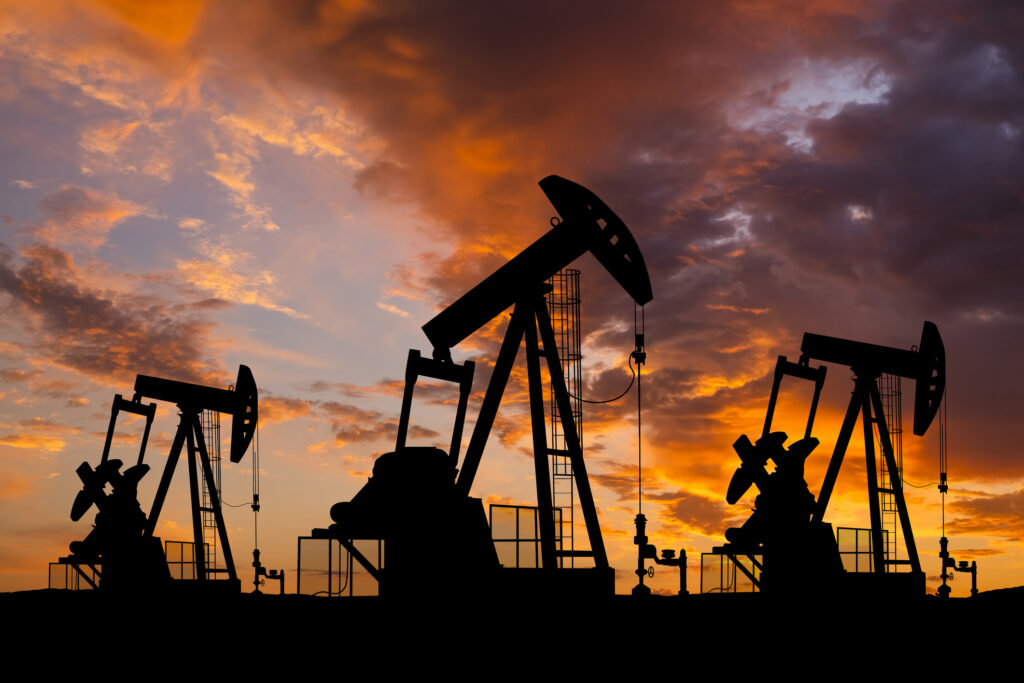History students learn one of the most famous lines from inaugural addresses, that spoken by President Kennedy in 1961, which begins, “And so my fellow Americans, ask not what your country can do for you…” They rarely learn the next line, which was “My fellow citizens of the world, ask not what America will do for you, but what together we can do…”
Ancient Greek philosopher Diogenes originated the ever-controversial concept of global citizenship, as opposed to citizenship in a particular country. Dictionaries define it as “the idea that one’s identity transcends geography or political borders.” A formal organization called “Citizens of World” opines that “We, as human beings, are members of one extended family. We are sons and daughters of one common creator: Mother Nature, sharing a common living place: the Earth, and have a common religion: Humanity.”
Obviously, not everyone shares that view of “citizenship,” but it is commonly used in politics. It does not necessarily suggest renouncing one’s own nationality, but acknowledging that individual identities take second place behind everyone’s membership in a global community.
The idea of our responsibility to the whole Earth has been a common catch phrase among practitioners of pop environmentalism for decades. Yet several recent issues prompt me to wonder whether many in the environmental lobby really believe it.
It is not difficult to identify several complex issues for which the preferred solution of these groups is to export the problem to other countries. New Zealand’s latest proposal to tax ranchers to the point of eliminating cattle comes to mind. When farmers protested that they cannot survive the new cow tax, the government responded by suggesting that farmers should be able to recoup the cost by charging more for “climate-friendly products.” What products would those be? Vegetables grown without the use of tractors? Certainly not beef, so New Zealanders would have two choices: stop eating meat, or import it at higher cost. Proponents don’t care whether ranchers raise cattle in Australia; they just don’t want to look at them in New Zealand. What a model of global citizenship.
Atop the list of such hypocrisy is the Biden Administration’s all-out program to stop the production of oil, gas, and coal – not everywhere, just in the United States. Just last month on the
campaign trail he repeated his “no more drilling” policy. Yet faced with high gas prices, skyrocketing home heating costs, and the worst inflation in 40 years, President Biden has requested, even demanded, increased production in other countries.
One result is an unconscionable increase in oil imported from Saudi Arabia and other nations – now $700 billion worth annually. Nor have American leaders done anything to combat China’s massive increase in coal production, now topping four billion metric tons a year. While the U.S. government touts its commitment to be carbon free by 2050, China mouthed a similar goal, but only by 2060, and is still pursuing policies and activities that betray a complete disregard of that “commitment.” China is financing nearly 700 new coal-fired power plants all over the world, including 43 in China itself. India is opening 67 new coal mines and building the world largest coal-fired power plants, while the U.S. abandons its own coal industry. That anti-coal policy does nothing to curb global emissions, so long as the planet’s two most populous countries ignore the issue. It merely disadvantages America.
Aren’t we all citizens of the same global community? We are frequently reminded that the entire world shares the same atmosphere, but it is also true that we share the same orb of land and water. The Earth is a giant fireball of energy, and it is no more harmed by drilling into it from one spot than another. One commentator put it more bluntly, saying “Saudi Arabia is drilling into the same planet we’re drilling into.” Indeed, and emissions from Saudi oil or Chinese coal go into the same atmosphere as any from the U.S.
The crux of it is that many politicians are sanctimoniously exporting America’s environmental problems to other countries. Then, they claim to be “solving” a global problem, when all they are really doing is kneecapping their own economy.
The popular phrase is “Think globally, act locally.” In other words, pretend you care about pollution in the Middle and Far East, by choking industries and jobs in your own community. Here’s a better approach: if we’re going to act locally, we should think locally, about the impact of such decisions on our own neighbors and communities.





